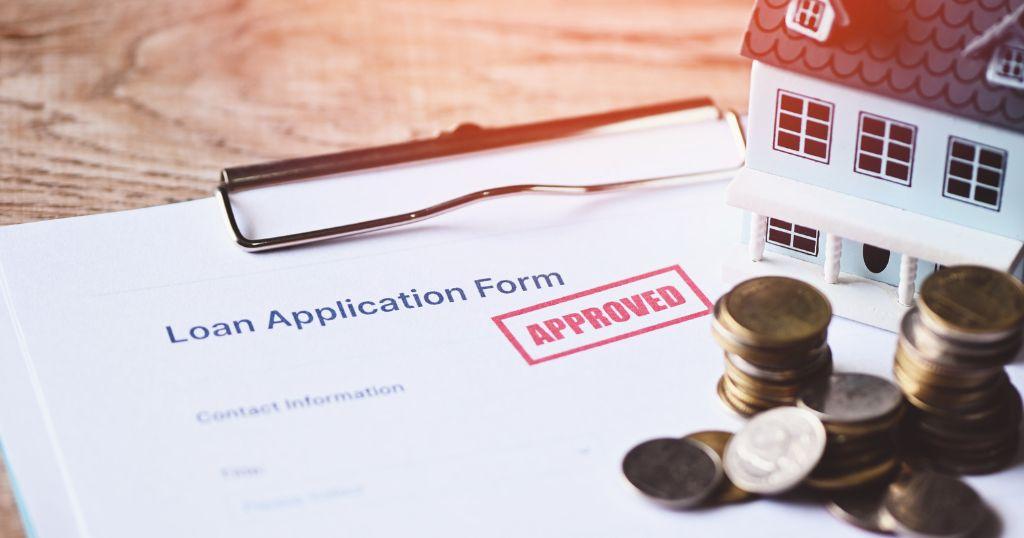Securing a home loan can pose challenges for people who are
self-employed, even if they have stable and regular income. Whilst loan approval is achievable, it often requires extra effort in the application process as lenders have stricter criteria for business owners.

Generally, individuals are classified as self-employed if they generate more than 50% of their income from businesses they manage and control as a sole trader, partner, director, or shareholder.
To demonstrate financial capability, self-employed borrowers must present specific documents:
- Personal tax returns and corresponding ATO Tax Assessment notices from the past two financial years
- Business tax returns for the same period
- Comprehensive financial statements such as balance sheets and profit and loss statements verified by an accountant
- Future Forecasts may be necessary if historical End of Year reports don’t prove up the servicing of debt.
Exceptions may apply, such as for borrowers with less than 12 months of business trading. Consultation with a lending specialist is recommended to discuss individual circumstances and loan goals.
Why do banks look at my tax return?
Lenders verify submitted tax returns against those lodged with the ATO. They analyse details like non-recurring expenses/income and common add-backs items like “one-off expenditure, interest on loans, depreciation, and distributed trust income”.
Lenders also estimate income using tax returns and other financial data provided. For self-employed borrowers, this process can involve assessing either the lowest income figure or the most recent tax return, depending on individual circumstances and business stability.
How to get approved for a loan when you are self-employed?
When you are self-employed, there is additional criteria you have to meet to be approved for a loan.
However, these are also good strategies you can implement to increase your chance of approval:
- Increase Deposit: A substantial deposit (ideally 20% or more of property value) indicates lower risk and avoids costly Lender’s Mortgage Insurance.
- Asset Documentation: Provide at least six months’ worth of bank statements confirming savings and investments like stocks or rental properties. Existing property equity can also strengthen your application.
- Maintain Credit Score: A healthy personal and business credit score enhances approval prospects. Address any outstanding debts promptly and monitor credit reports for accuracy.
While securing a home loan as a self-employed person requires more diligence and effort, this is where your broker can provide specific insights into lender requirements.

